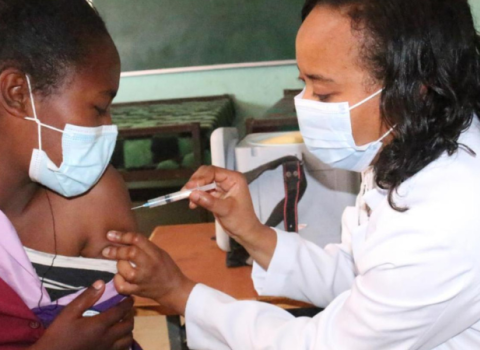Research lead
Researchers at the University of Manchester, UK, have discovered Aurora B kinase inhibitors they say have more potent anti-cancer effects than the Aurora A inhibitors that are in clinical development currently.
Auroras belong to the kinase family of signalling proteins, and are closely involved in cell division. They are relatively untapped as targets for cancer treatments because they are difficult to drug, but inhibitors are beginning to make it through to the clinic.
For example, the Swiss biotech Serono SA has a collaboration with Rigel Pharmaceuticals of San Francisco for R763, an orally available multi-Aurora kinase inhibitor, which is in Phase I trials in the treatment of solid refractory tumours, while Cambridge, UK-based Astex Therapeutics has an Aurora kinase inhibitor in Phase I/II. In August, Elara Pharmaceuticals GmbH, a spin-out from the European Molecular Biology Laboratory in Heidelberg, Germany, raised seed funding for the further development of Aurora kinase inhibitors.
“The first compounds are designed to inhibit a related enzyme, Aurora A,” said Stephen Taylor, who is leading the research in Manchester’s Faculty of Life Sciences. “But our research has shown that inhibiting Aurora B is a far more successful method of killing cancer cells.”
Taylor’s group has been working in collaboration with the pharmaceutical company AstraZeneca plc. Phase I safety trials have shown no major side effects and Phase II trials are due to start soon. “A lot of current cancer drugs, while effective, are also toxic; by contrast, the toxic effects of Aurora inhibitors has been relatively mild,” said Taylor “Auroras have attracted worldwide attention but no one has been entirely sure which strategy to follow.”
He added that the research, “Clearly demonstrates that targeting Aurora B is a highly attractive avenue to pursue, although inhibition of Aurora A may still have some merits as a potential therapy.”





 A unique international forum for public research organisations and companies to connect their external engagement with strategic interests around their R&D system.
A unique international forum for public research organisations and companies to connect their external engagement with strategic interests around their R&D system.